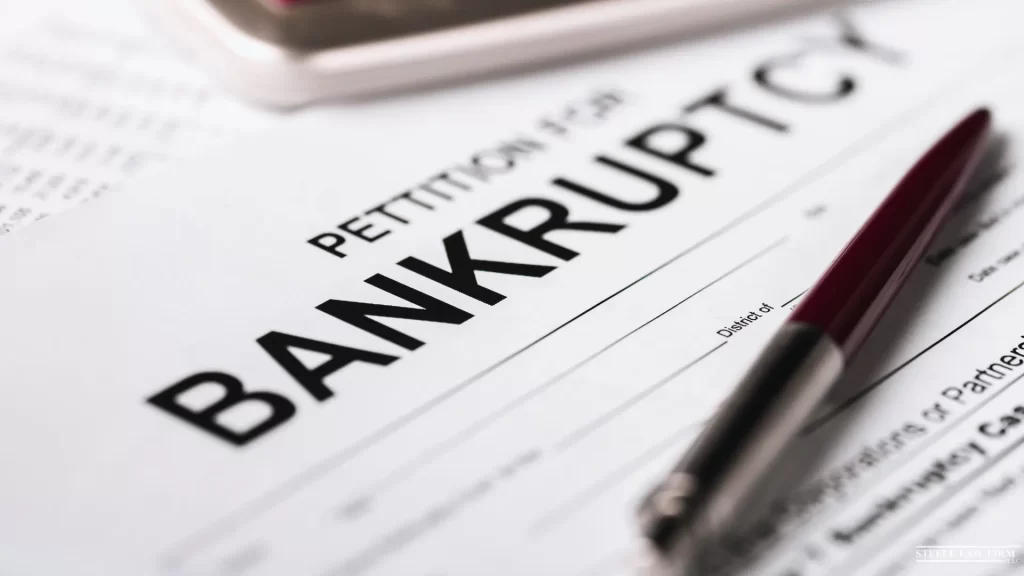The amount of money you can keep in a Texas bankruptcy case can vary and depends on which type of bankruptcy you file for. It can also depend on how much you owe in past due payments and other delinquent debt, as well as other factors. Consider meeting with a knowledgeable and experienced Dallas bankruptcy lawyer about your financial situation if you are wondering, “How much cash can I keep in a Texas bankruptcy case?”

When you’re in debt to the degree that you’re unable to make payments on time or at all, you may consider the legal process of bankruptcy. Chapter 13 bankruptcy involves paying off debt through a structured repayment plan over multiple years or a readjustment of your debts. Chapter 7 bankruptcy is more of a complete bankruptcy wherein qualifying filers can discharge unsecured debts and liquidate chosen assets.
Each type of bankruptcy has specific criteria that a person must meet. This criteria determines if you are eligible to file and which exemptions you may qualify for. Bankruptcy exemptions are assets that a person is allowed to retain during the bankruptcy process. You must choose either to use federal exemptions or Texas’ state exemptions when filing for bankruptcy, however, this will be determined by your residency qualifications.
Working with an attorney, you can navigate your unique circumstances to determine which exemptions may be right for you. The route you and your attorney take in that determination can help maximize the benefits you keep after the case is closed. Keep in mind that exemption amounts are updated periodically every few years.
Federal bankruptcy exemptions include:
Current bankruptcy exemptions under Texas state laws include:
These exemptions are just a few of the types you could qualify for. Your attorney will review your unique circumstances and help ensure that all the exemptions you are entitled to are applied to your bankruptcy case.
A: Whether you file for Chapter 7 or Chapter 13 bankruptcy, property exemptions are the same. Bankruptcy exemptions are your assets that are protected from creditors, meaning they’re safe from being seized and sold. You can choose to keep some assets and sell others in order to put the money towards repaying your debts. Where bankruptcy exemptions can differ is when you’re deciding between using either federal or state exemptions. Texas residents have the option for either, both having their advantages.
A: How much you may be able to keep in a bankruptcy case varies. The amount you may retain depends on the type of bankruptcy, whether you use federal or state exemptions, how much you have in retirement funds, your profession and income, the size and cost of your house, and many other factors. A good way to get a better idea about how much money you can keep is by speaking with a bankruptcy attorney.
A: In Texas, your eligibility to qualify for bankruptcy comes down to your regular income and how much debt you have. For Chapter 13 bankruptcy, your income must be enough that you’re able to pay a monthly installment towards your repayment plan. For Chapter 7 bankruptcy, your income must be below the state median income, and you lack enough disposable income after your monthly expenses to pay any debt.
A: Yes, filing for bankruptcy can potentially impact your credit score for a period. Chapters 7 and 13, bankruptcies will both appear on your credit report upon filing, but the hit to your credit is relatively short-term. Many people qualify for credit cards and loans within the first couple of years into bankruptcy, and by paying debts on time, you can easily rebuild good credit.
At Steele Law Firm, PLLC, our team has successfully helped numerous individuals and families through the bankruptcy process. We understand how stressful debt is and that it can be scary to consider bankruptcy when you’re unfamiliar with the details. Contact our offices today to get the help you deserve with your bankruptcy case and to ensure that you keep all the assets you are entitled to.




